
Our story
You know that sinking-stomach feeling when you speed by a cop? I used to get that same feeling every December, knowing I had been ignoring my books while juggling everything else in my business.
I'd been an entrepreneur since 16, running a private chef business in culinary school. When I went to the local accounting firm, they asked if I was "Schedule C" and "filing quarterly." I said, "no, and what is Schedule C?" Since I hadn't been paying quarterly, they refused to help me.
Later, as a realtor, I became a top 100 agent in my first year out of 1500. But even with that success, my finances were a mess. I kept hoping to find an affordable bookkeeper who could speak my language, but never did. Every time I asked for help, I left feeling a mix of shame and confusion, like we were speaking different languages.
I spent years living with nagging dread, never knowing if I was profitable, what tax bracket I'd land in, or how much I could pay myself. I was always putting out fires instead of preventing them. Sound familiar?
Everything changed when I took a job as a bookkeeper for a construction company. Suddenly, I understood both sides - what it felt like to be the confused business owner AND how to organize the books.
When I started my STR property management and cleaning businesses, things finally went smoothly. But you never know when life will throw you a curveball - like Hurricane Helene devastating our town and vacation rental industry. If that hurricane had hit me 10 years ago, I would have declared bankruptcy. But because I finally understood my numbers and managed my debt properly, I was financially prepared.
That's how everything led me to creating Buddha Bookkeeping. I believe no business owner should ask for help and walk away confused. My flat-rate bookkeeping keeps the little guys in mind. No surprise bills - you'll know exactly what you owe monthly. If you wait until tax season, you'll pay premiums small businesses can't afford.
When you have that clarity and know where you stand monthly, everything changes. Instead of putting out fires, you're preventing them. Instead of dreading December, you're confident about January.
That's what changes when you work with someone who's been exactly where you are.
Now it's time to treat yourself to a better January.
About Your Bookkeeper
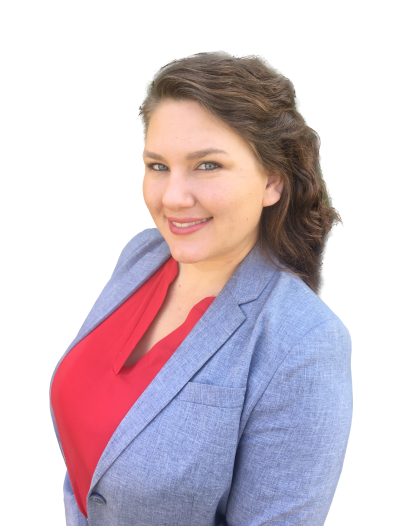
Kelsey Robertson
I'm not your typical bookkeeper. I'm a business owner who learned bookkeeping out of necessity—and it literally saved my hide when Hurricane Helene hit our vacation rental market in Asheville, North Carolina.
After 15+ years building businesses from a private chef service at 16 to a profitable property management company with 32+ clients, I've experienced every financial challenge small businesses face. I've been the confused entrepreneur asking 'what is Schedule C?' and the one managing complex project-based accounting for construction companies.
As a QuickBooks and Xero ProAdvisor with a B.A. from Southern New Hampshire University (magna cum laude), I bring both technical expertise and hard-won business experience. In my first year of real estate, I closed $3.8M in real estate sales, ranked top 100 out of 1,500+ agents, maintained a 99% client retention rate, and streamlined operations that reduced admin workload by 60%.
But here's what really sets me apart: I've sat in your shoes. I know what it feels like to be dismissed by professionals who speak in jargon, and I understand the relief that comes from finally having clear, organized books. When Hurricane Helene devastated our market, my financial preparation meant survival instead of bankruptcy. Whether it's natural disasters, economic shifts, or industry disruptions, today's business owners face constant uncertainty. Being financially prepared isn't optional—it's essential for survival
I don't just manage your books—I help you understand them, because there's nothing more powerful than a business owner who knows exactly where they stand
As a further commitment to business owners and ensuring that the language of business is finally spoken in plain English. As part of this commitment I plan on persusing my EA or CPA designation.
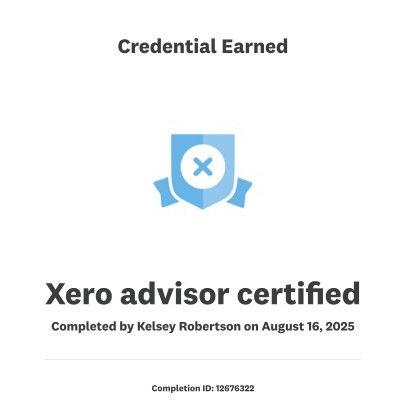
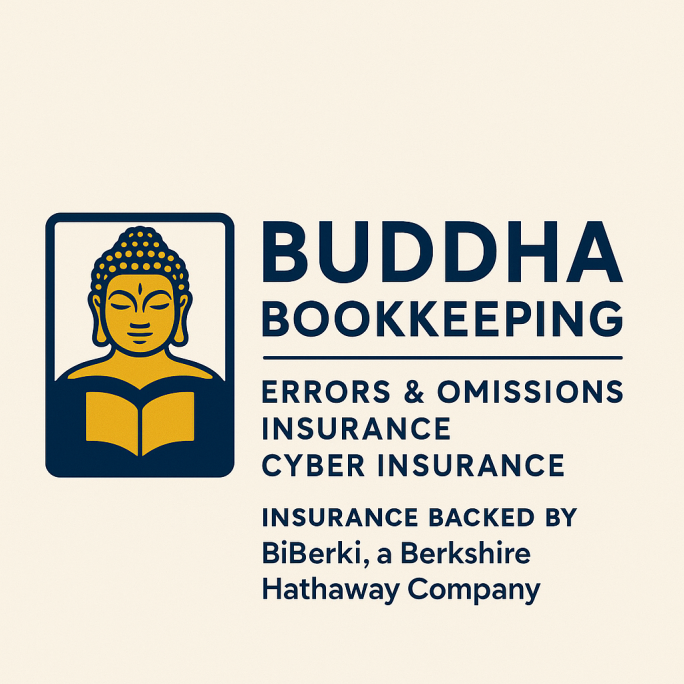
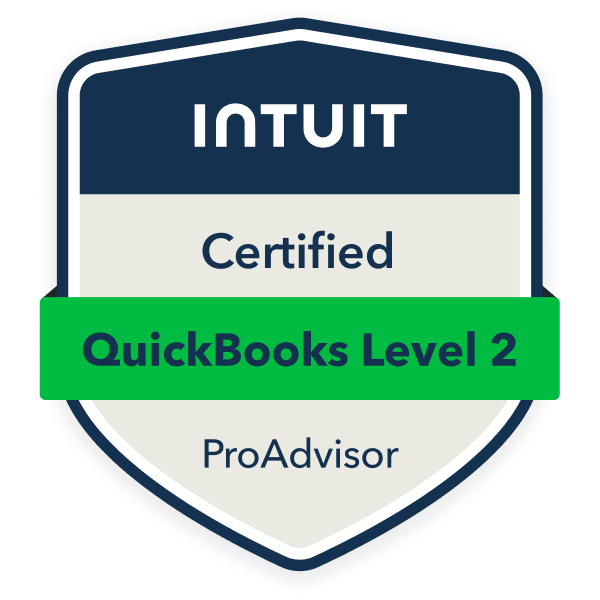
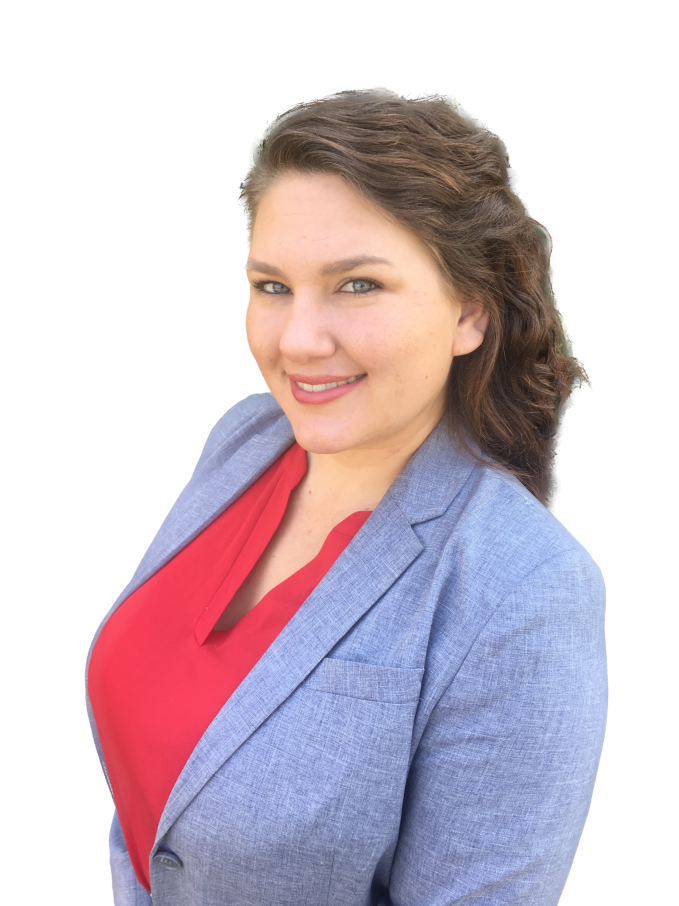
The Bookkeeper's Eightfold Path
1. Right View → Know the truth of financial data
Understand and interpret numbers accurately without bias.
2. Right Intention → Work with integrity
Commit to honesty, transparency, and ethical financial practices.
3. Right Speech → Clear communication
Provide clients and stakeholders with truthful, easy-to-understand reports.
4. Right Action → Accuracy in every entry
Record transactions correctly and comply with legal requirements.
5. Right Livelihood → Respect financial life
Support businesses with ethical bookkeeping practices that sustain growth.
6. Right Effort → Diligence and consistency
Maintain focus, meet deadlines, and proactively resolve discrepancies.
7. Right Mindfulness → Attention to detail
Stay organized and control errors by carefully reviewing work.
8. Right Concentration → Practice professional growth
Develop skills with software and stay updated on regulations.

